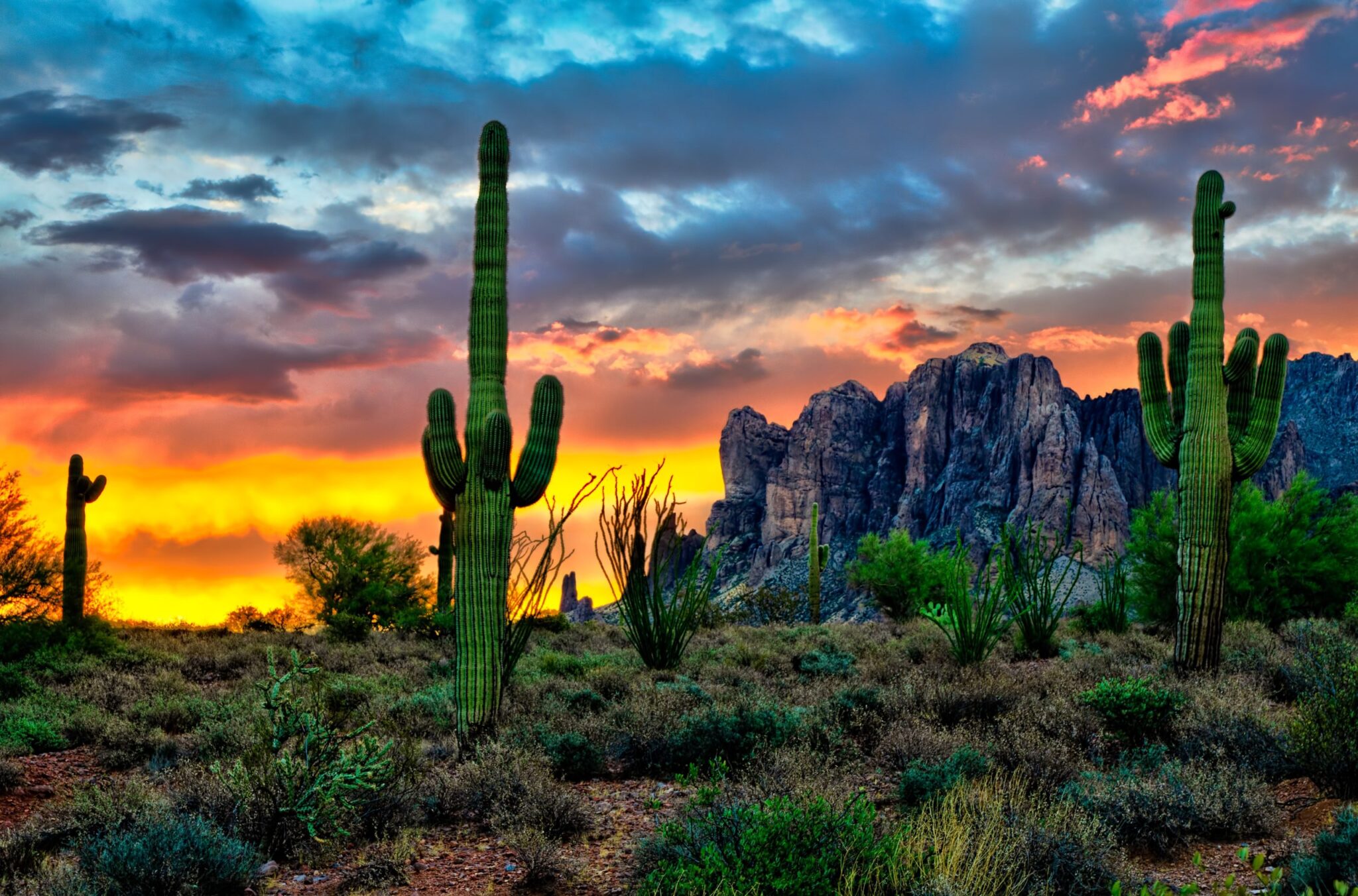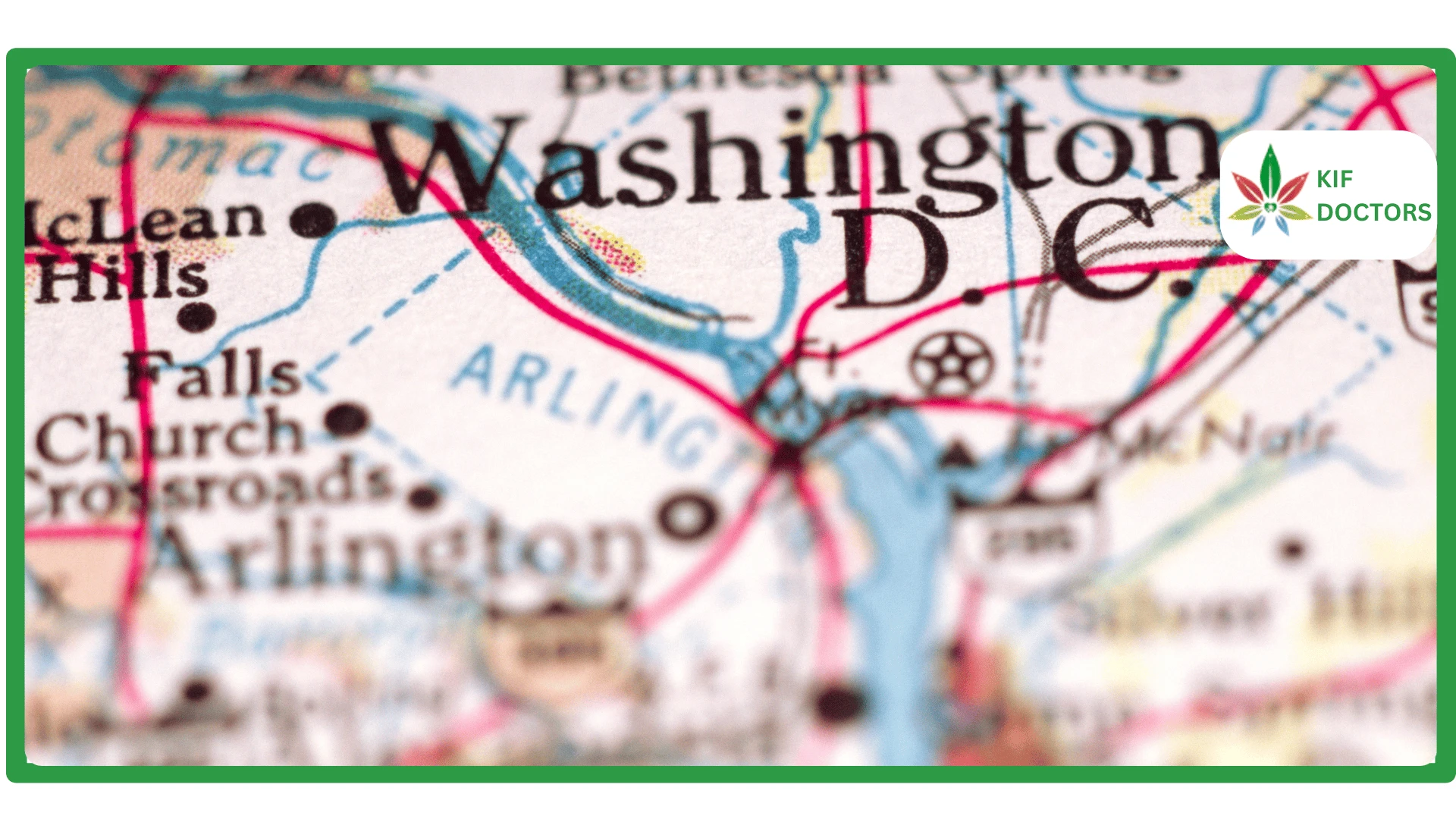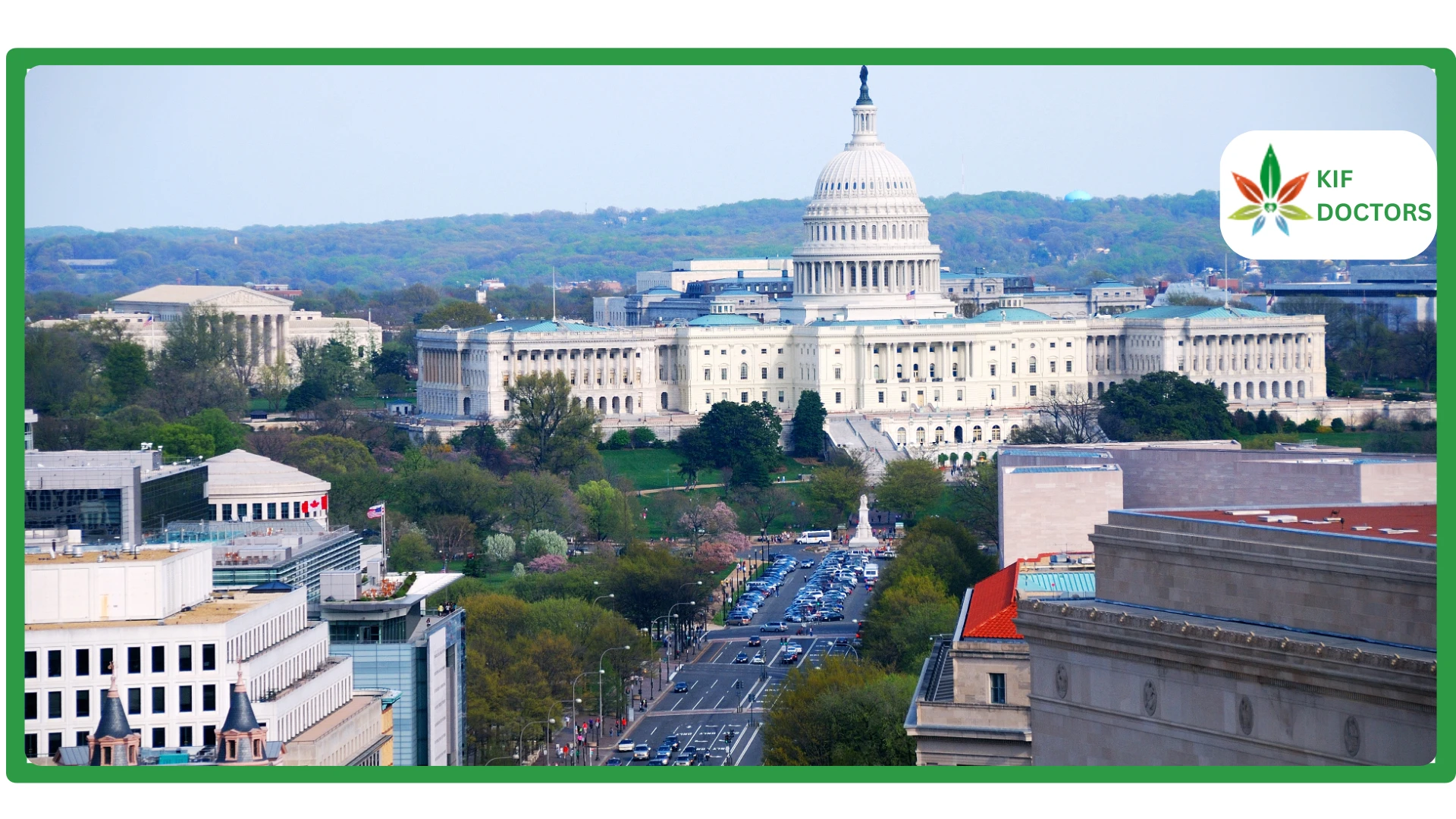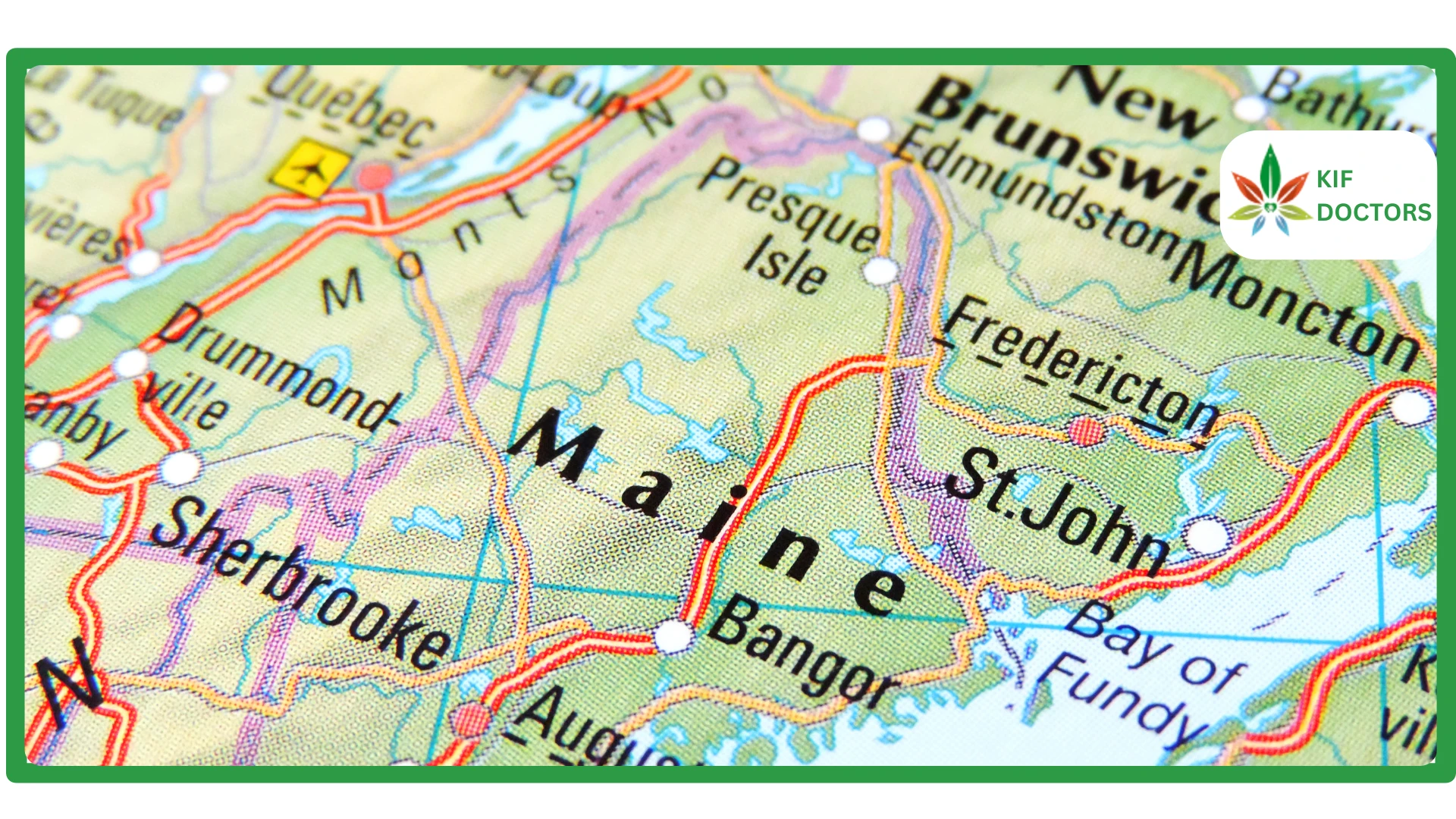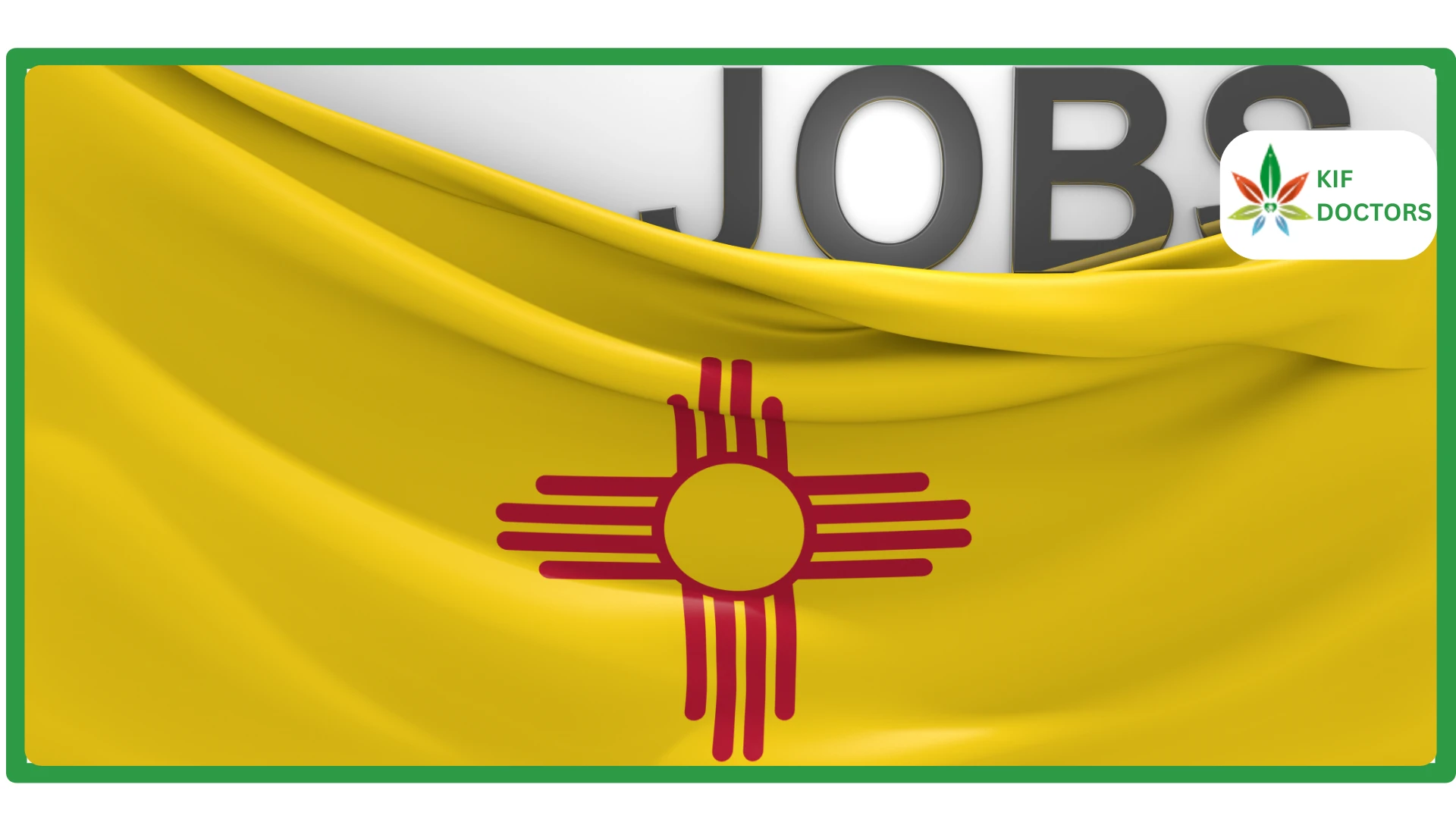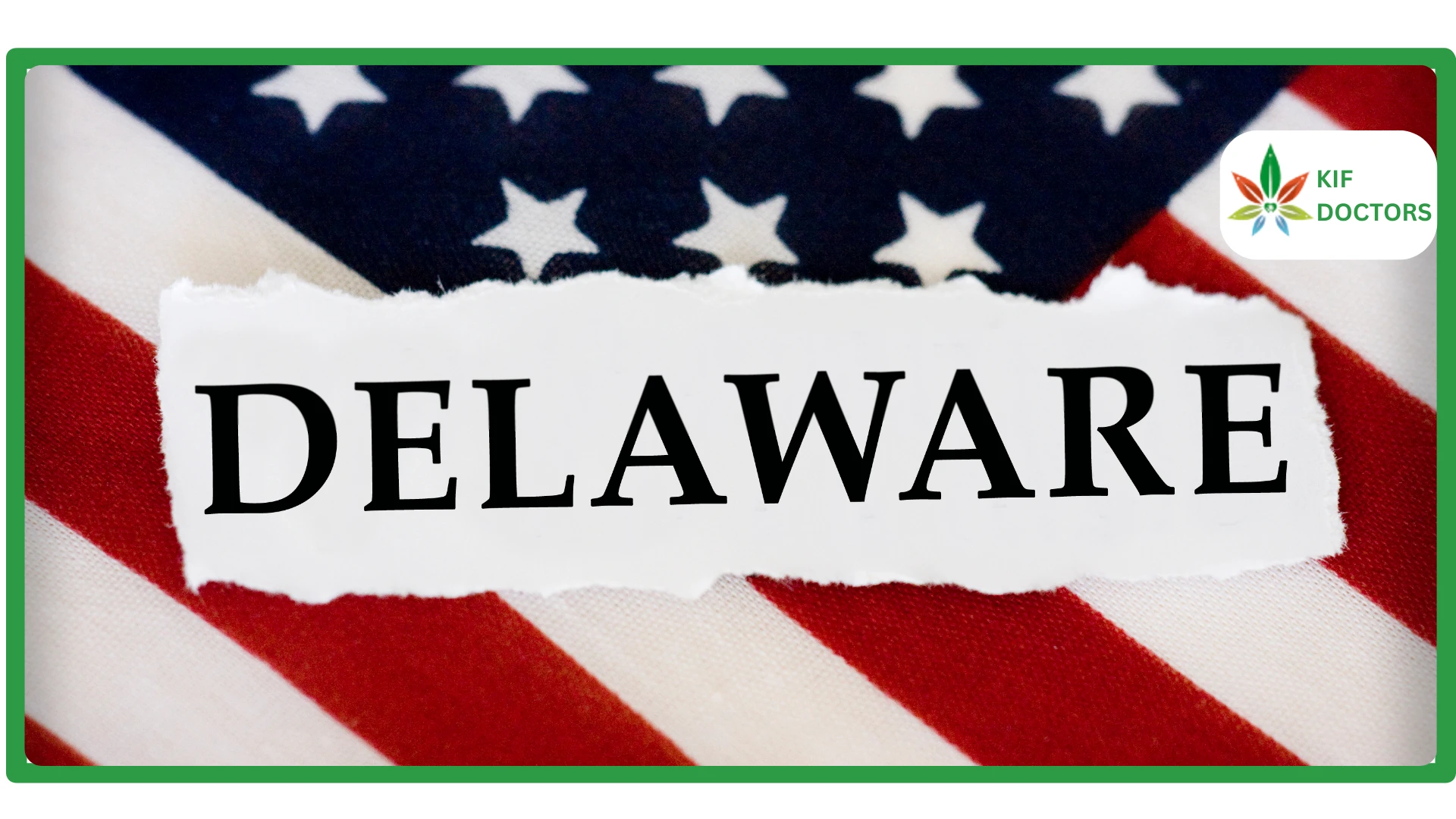Arizona’s marijuana laws have undergone significant changes in recent years, transforming the state into one of the more progressive in the U.S. when it comes to cannabis. With recreational marijuana legalized for adults and a robust medical cannabis program in place, residents and visitors alike have options for legal cannabis use. However, navigating the rules can be tricky, from possession limits to where you can consume. This guide provides a clear, comprehensive look at Arizona’s cannabis laws, the medical marijuana program, how to obtain a medical card, and what you need to know to stay compliant. Whether you’re a patient seeking relief or curious about recreational use, here’s everything you need to understand Arizona’s cannabis landscape.
Recreational Marijuana in Arizona: Legal and Regulated
Arizona legalized recreational marijuana in November 2020 through Proposition 207, also known as the Smart and Safe Arizona Act. Approved by 60% of voters, the law allows adults aged 21 and older to possess, use, and cultivate cannabis within specific limits. Retail sales of recreational marijuana began in January 2021, making Arizona one of the fastest states to implement legal sales after voter approval. The Arizona Department of Health Services (ADHS) oversees the regulation of recreational and medical cannabis, ensuring compliance with state laws.
Under Proposition 207, adults can:
- Possess up to 1 ounce (28 grams) of marijuana, with no more than 5 grams in the form of concentrates (e.g., wax, oil).
- Cultivate up to 6 cannabis plants per person at their primary residence, or up to 12 plants per household if two or more adults live there.
- Transfer up to 1 ounce of marijuana to another adult (21 or older) without payment, as long as it’s not advertised or sold publicly.
- Purchase cannabis from licensed dispensaries, subject to a 16% excise tax plus a 5.6% state sales tax.
Legalization has been a financial boon for Arizona. Since 2021, the state has generated over $258 million in excise and transaction privilege taxes from adult-use cannabis sales, with total sales surpassing $1 billion. Tax revenue supports community colleges, public safety, highway funds, and justice reinvestment programs aimed at communities disproportionately affected by past cannabis prohibition.
However, there are restrictions to keep in mind. Public consumption of marijuana, whether smoking or using edibles, is illegal and can result in a fine of up to $500 for a first offense. Smoking cannabis is also prohibited in most enclosed public spaces and workplaces under Arizona’s Smoke-Free Arizona Act. Additionally, driving under the influence of marijuana is a serious offense, with detectable levels of THC in the blood potentially leading to a DUI charge, even if impairment is not evident.
Arizona’s Medical Marijuana Program: A Long-Standing Option
Arizona’s medical marijuana program, established in 2010 through Proposition 203 (the Arizona Medical Marijuana Act), predates recreational legalization and remains a vital option for patients with specific health conditions. The program allows qualifying patients to access up to 2.5 ounces of marijuana every 14 days, a higher possession limit than recreational users. Medical cannabis is also subject to lower taxes (6.6% state tax plus optional local taxes of 2–3%) compared to the 16% excise tax on recreational purchases.
The ADHS regulates the medical program, which includes nonprofit dispensaries, patient registries, and caregiver provisions. Medical marijuana patients benefit from additional protections, such as anti-discrimination clauses in employment, housing, and child custody cases, unless compliance would jeopardize federal funding or licensing. Patients living more than 25 miles from a dispensary can cultivate up to 12 cannabis plants in an enclosed, locked facility.
Qualifying conditions for a medical marijuana card include:
- Cancer
- Glaucoma
- HIV/AIDS
- Hepatitis C
- Amyotrophic lateral sclerosis (ALS)
- Crohn’s disease
- Alzheimer’s disease
- Chronic pain (severe or persistent)
- Post-traumatic stress disorder (PTSD)
- Seizures, including epilepsy
- Severe nausea
- Muscle spasms, including those caused by multiple sclerosis
Minors can also qualify for the program, but they require certification from two physicians and a designated caregiver (typically a parent or guardian) to purchase and administer the cannabis. Arizona honors out-of-state medical marijuana cards for up to 30 days, but visiting patients cannot purchase cannabis from Arizona dispensaries; they must possess their own supply.
How to Get a Medical Marijuana Card in Arizona
Obtaining a medical marijuana card in Arizona is a straightforward process, designed to ensure that patients with legitimate medical needs can access cannabis. Here’s a step-by-step guide:
- Consult a Physician: Visit a licensed physician to obtain a written certification confirming that you have a qualifying medical condition. The physician must complete the Medical Marijuana Physician Certification form provided by the ADHS.
- Gather Documentation: Prepare proof of Arizona residency (e.g., driver’s license, utility bill) and a digital passport-style photo. Minors need additional certifications and caregiver documentation.
- Submit an Application: Apply online through the ADHS Medical Marijuana Program portal. The application fee is $150, with a reduced fee of $75 for SNAP (Supplemental Nutrition Assistance Program) participants.
- Receive Your Card: If approved, you’ll receive a digital medical marijuana registry identification card within 10 business days. The card is valid for two years and must be renewed with a new physician certification.
- Visit a Dispensary: Use your card to purchase medical cannabis from one of Arizona’s 100+ licensed dispensaries, many of which offer delivery or curbside pickup for medical patients.
For those looking to streamline the process, services like Kif Doctors provide online consultations with certified physicians, making it easier to get approved. I always recommend going for a Medical Marijuana Card Online Instantly to simplify the application and ensure quick access to medical cannabis.
Medical cards offer several advantages, including higher possession limits, lower taxes, and access to delivery services (unavailable for recreational users). Many dispensaries also provide discounts for medical patients, particularly those with financial needs.
Why Choose a Medical Card Over Recreational Use?
While recreational marijuana is legal, a medical marijuana card can be a better option for some. Consider these benefits:
- Higher Possession Limits: Medical patients can possess up to 2.5 ounces every 14 days, compared to 1 ounce for recreational users.
- Lower Costs: Medical cannabis is taxed at a lower rate, and many dispensaries offer patient discounts.
- Legal Protections: Medical patients have safeguards against discrimination in employment, housing, and other areas.
- Access to Delivery: Only medical patients can use dispensary delivery services, which is convenient for those with mobility issues.
- Cultivation Rights: Patients far from dispensaries can grow up to 12 plants, double the recreational limit.
Where to Buy Cannabis in Arizona
Arizona boasts over 100 licensed dispensaries, concentrated in major metro areas like Phoenix, Tucson, and Tempe. Most dispensaries are dual-licensed, serving both medical and recreational customers. Popular products include flower, edibles, concentrates, vape cartridges, and topicals. Dispensaries must test products for potency and contaminants through third-party laboratories, ensuring safety and quality.
Recreational users can purchase cannabis at any licensed dispensary by presenting a valid ID proving they are 21 or older. Medical patients need their registry ID card to access medical products and benefits. Some dispensaries, like The Mint Cafe in Phoenix, specialize in cannabis-infused foods, while others, like Cheba Hut, cater to the “munchies” with cannabis-themed dining experiences.
For visitors, Arizona’s cannabis-friendly lodging options, such as The Clarendon Hotel in Phoenix or Bud and Breakfast properties, provide private spaces to consume legally. However, smoking in most hotel rooms or public areas is prohibited, so always check property rules.
Hemp and CBD Laws in Arizona
Hemp-derived products, including CBD, are legal in Arizona under the 2018 federal Farm Bill, which permits hemp with 0.3% or less THC. These products are widely available in retail stores, online, and even gas stations, with no age restrictions or medical card required. However, a recent crackdown on intoxicating hemp products, such as delta-8 THC edibles, has introduced stricter regulations.
In April 2025, an Arizona judge upheld the state’s authority to regulate THC-infused hemp products, allowing the Attorney General to impose fines of up to $20,000 per product for unlicensed sales. This ruling aims to curb the sale of unregulated, high-THC hemp products that mimic marijuana edibles. Consumers should purchase hemp products from reputable sources to ensure compliance with state standards.
Penalties for Breaking Arizona’s Cannabis Laws
While Arizona’s laws are lenient compared to many states, violations can still carry penalties. Here’s a breakdown of common infractions:
- Possession Over Limits: Possessing more than 1 ounce but less than 2.5 ounces (recreational) is a petty offense with a $300 fine. Possessing 2.5 ounces to 2 pounds is a felony, with up to 1.5 years in prison and a $150,000 fine.
- Public Consumption: Smoking or consuming cannabis in public is a petty offense, with fines up to $500.
- Underage Possession: For those under 21, possessing less than 1 ounce is a civil offense ($100 fine for first-time offenders). Subsequent offenses escalate to misdemeanors.
- Unlicensed Sales: Selling marijuana without a license is a felony, with penalties ranging from 4 to 10 years in prison and fines up to $150,000.
Arizona’s expungement law, enacted under Proposition 207, allows individuals with convictions for possessing, transporting, or consuming 2.5 ounces or less of cannabis to petition for record clearance. Over 17,350 petitions have been filed since July 2021, offering relief to those affected by past prohibition laws.
The Future of Cannabis in Arizona
Arizona’s cannabis industry is thriving, with recreational and medical markets projected to continue growing. Public support for legalization remains strong, and the state’s social equity licensing program aims to provide opportunities for communities harmed by the war on drugs. However, challenges persist, including regulatory debates over intoxicating hemp products and workplace policies.
For example, a recent change in Arizona’s police hiring process reduced the marijuana use disqualification period from two years to six months, reflecting evolving attitudes toward cannabis. Meanwhile, advocacy groups are pushing for broader reforms, such as allowing recreational home delivery and expanding medical qualifying conditions.
Federally, cannabis remains a Schedule I substance, creating conflicts with state laws. The Drug Enforcement Administration’s 2024 review to potentially reschedule cannabis to Schedule III could pave the way for greater acceptance, but Arizona’s laws are unlikely to change dramatically in the near term due to its already progressive framework.
FAQs About Marijuana Laws in Arizona
Is recreational marijuana legal in Arizona?
Yes, recreational marijuana is legal for adults 21 and older under Proposition 207. You can possess up to 1 ounce, grow up to 6 plants, and buy from licensed dispensaries.
Do I need a medical marijuana card to buy cannabis?
No, adults 21 and older can buy recreational cannabis without a card. However, a medical card offers higher possession limits, lower taxes, and delivery options.
Can I smoke marijuana in public in Arizona?
No, public consumption is illegal and can result in a fine of up to $500. You can only consume cannabis on private property with the owner’s permission.
Can visitors buy marijuana in Arizona?
Yes, anyone 21 or older with a valid ID can purchase recreational marijuana from licensed dispensaries. Out-of-state medical cards are not valid for purchases.
Is it legal to grow cannabis at home?
Yes, adults 21 and older can grow up to 6 plants per person (12 per household) in a private, enclosed space. Medical patients far from dispensaries can grow 12 plants.
Conclusion
Arizona’s cannabis laws offer a balanced approach, providing access for both recreational users and medical patients while maintaining strict regulations to ensure safety and compliance. Whether you’re exploring the state’s vibrant dispensary scene, considering a medical marijuana card for health reasons, or simply curious about your rights, understanding the rules is key to enjoying cannabis legally. From possession limits to tax benefits, this guide covers the essentials to help you navigate Arizona’s cannabis landscape with confidence. Stay informed, respect the law, and take advantage of the state’s progressive policies to make the most of what Arizona’s cannabis industry has to offer.
References:
- Arizona Department of Health Services: Medical Marijuana Program
- Arizona Department of Revenue: Adult Use Marijuana
 Since 2021, Kif offers a streamlined platform to get a medical marijuana card online. We have served more than 45K patients across the United States. Sign Up Now to get the right to use medical cannabis for your health condition without any delay.
Since 2021, Kif offers a streamlined platform to get a medical marijuana card online. We have served more than 45K patients across the United States. Sign Up Now to get the right to use medical cannabis for your health condition without any delay.















